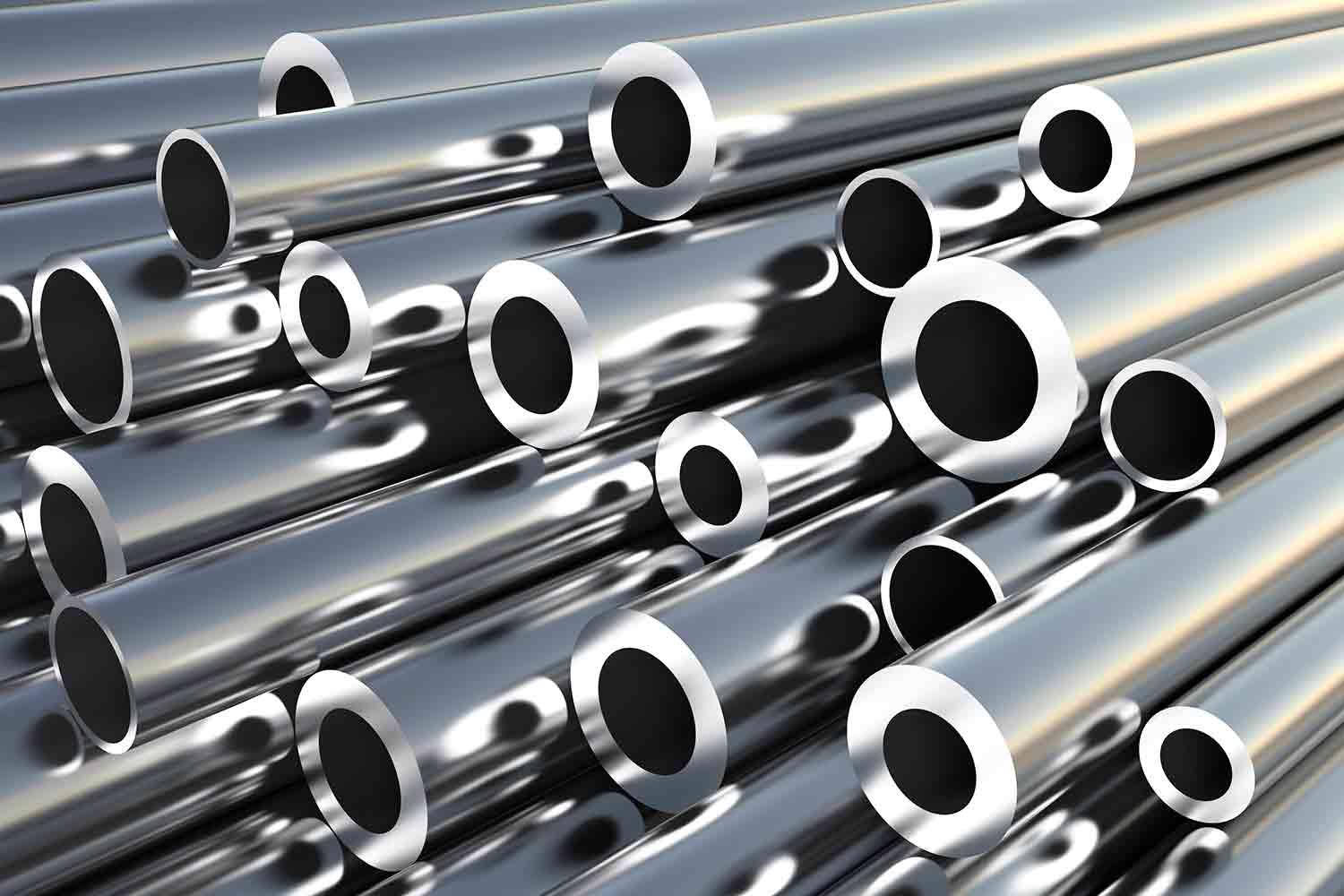Stainless steel is an incredibly versatile and widely used metal alloy, renowned for its corrosion resistance and durability. However, one common question that arises is whether stainless steel is classified as a ferrous or non-ferrous metal. This distinction is crucial when selecting materials for various applications, as ferrous and non-ferrous metals possess distinct properties that make them suitable for different use cases.
In this comprehensive guide, we'll explore the fundamental differences between ferrous and non-ferrous metals, and definitively answer the question: Is stainless steel ferrous or non-ferrous? We'll also delve into the implications of this classification for material selection and provide practical insights to help you make informed decisions.
What Are Ferrous Metals?
Ferrous metals are alloys that contain iron as their primary constituent. Some common examples of ferrous metals include:
- Carbon Steel
- Alloy Steel
- Cast Iron
- Wrought Iron
These metals are known for their exceptional strength, durability, and magnetic properties, making them ideal for applications that require high tensile strength and load-bearing capabilities, such as construction, automotive manufacturing, and heavy machinery.
What Are Non-Ferrous Metals?
Non-ferrous metals, on the other hand, are alloys that do not contain iron as a significant component. Some examples of non-ferrous metals include:
- Aluminum
- Copper
- Brass
- Bronze
- Titanium
Non-ferrous metals are typically lighter, more malleable, and resistant to corrosion compared to ferrous metals. They are often used in applications where weight, conductivity, or corrosion resistance is a priority, such as electrical wiring, plumbing, and aerospace components.
Is Stainless Steel Ferrous or Non-Ferrous?
Now, let's address the main question: Is stainless steel ferrous or non-ferrous?
Stainless steel is a ferrous metal.
While stainless steel is renowned for its corrosion resistance, which is often associated with non-ferrous metals, it still contains iron as its primary component. The key difference lies in the addition of chromium, which forms a passive oxide layer on the surface, protecting the underlying iron from corrosion.
Most stainless steel grades contain between 10.5% and 30% chromium, with the most common grades being:
- 304 (18% chromium, 8% nickel)
- 316 (16% chromium, 10% nickel, 2% molybdenum)
The presence of chromium and other alloying elements, such as nickel and molybdenum, enhances the corrosion resistance and mechanical properties of stainless steel, making it suitable for a wide range of applications.
Implications for Material Selection
Understanding whether stainless steel is ferrous or non-ferrous has significant implications for material selection in various industries. Here are some key considerations:
-
Strength and Durability: As a ferrous metal, stainless steel offers exceptional strength and durability, making it an ideal choice for load-bearing applications, such as structural components, machinery parts, and transportation equipment.
-
Corrosion Resistance: While stainless steel is a ferrous metal, its chromium content provides superior corrosion resistance compared to other ferrous alloys. This makes it suitable for applications in harsh environments, such as chemical processing, marine environments, and food processing.
-
Magnetic Properties: Like other ferrous metals, most stainless steel grades are magnetic, which can be advantageous or disadvantageous depending on the application. For example, magnetic properties are desirable in electrical motors and generators, but may be undesirable in certain medical or electronic applications.
-
Welding and Fabrication: Stainless steel's ferrous nature affects its welding and fabrication properties. Specialized techniques and equipment may be required to ensure proper welding and prevent issues such as sensitization or stress corrosion cracking.
-
Cost: Compared to non-ferrous metals, stainless steel is generally more cost-effective, making it a popular choice for applications where both strength and corrosion resistance are required.
Xinguangyuan: Your Trusted Partner for Stainless Steel Solutions
At Xinguangyuan, we are dedicated to providing our customers with high-quality stainless steel products and solutions tailored to their specific needs. Our expertise in stainless steel surface processing techniques, combined with our commitment to innovation and customer satisfaction, ensures that we deliver exceptional value to our clients.
Whether you require stainless steel components for kitchen appliances, medical devices, elevator decoration, or any other application, our team of experts is ready to assist you in selecting the most suitable grade and finish for your project.
Conclusion
In conclusion, stainless steel is a ferrous metal, containing iron as its primary component, but with the addition of chromium and other alloying elements to enhance its corrosion resistance and mechanical properties. Understanding this classification is crucial for making informed material selection decisions, ensuring that you choose the right alloy for your specific application requirements.
At Xinguangyuan, we are committed to providing our customers with the highest quality stainless steel products and solutions, backed by our extensive knowledge and expertise in the field. Contact us today to learn more about how we can support your stainless steel needs and help you achieve your project goals.


